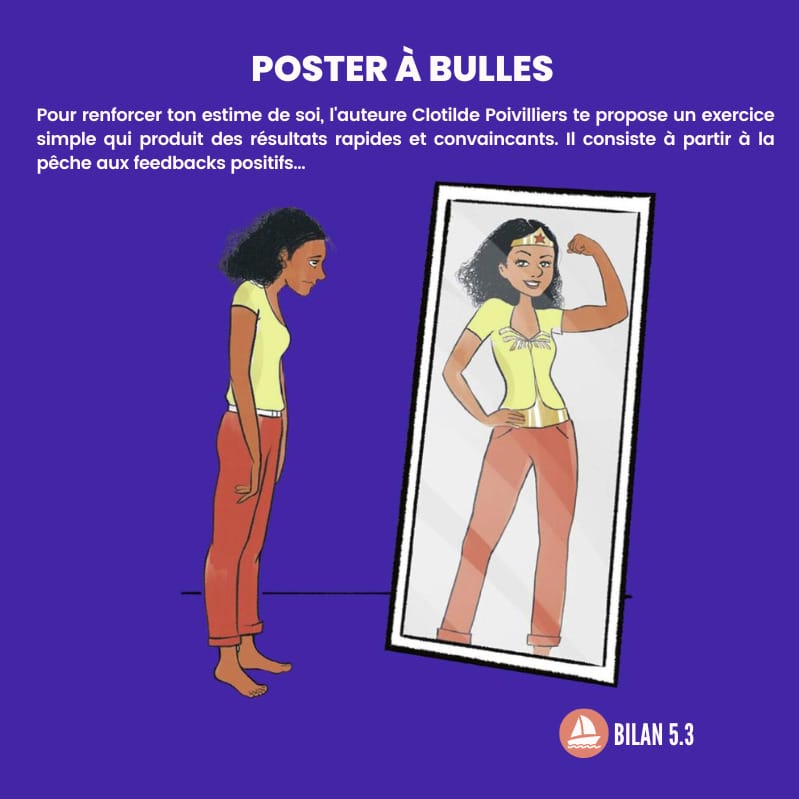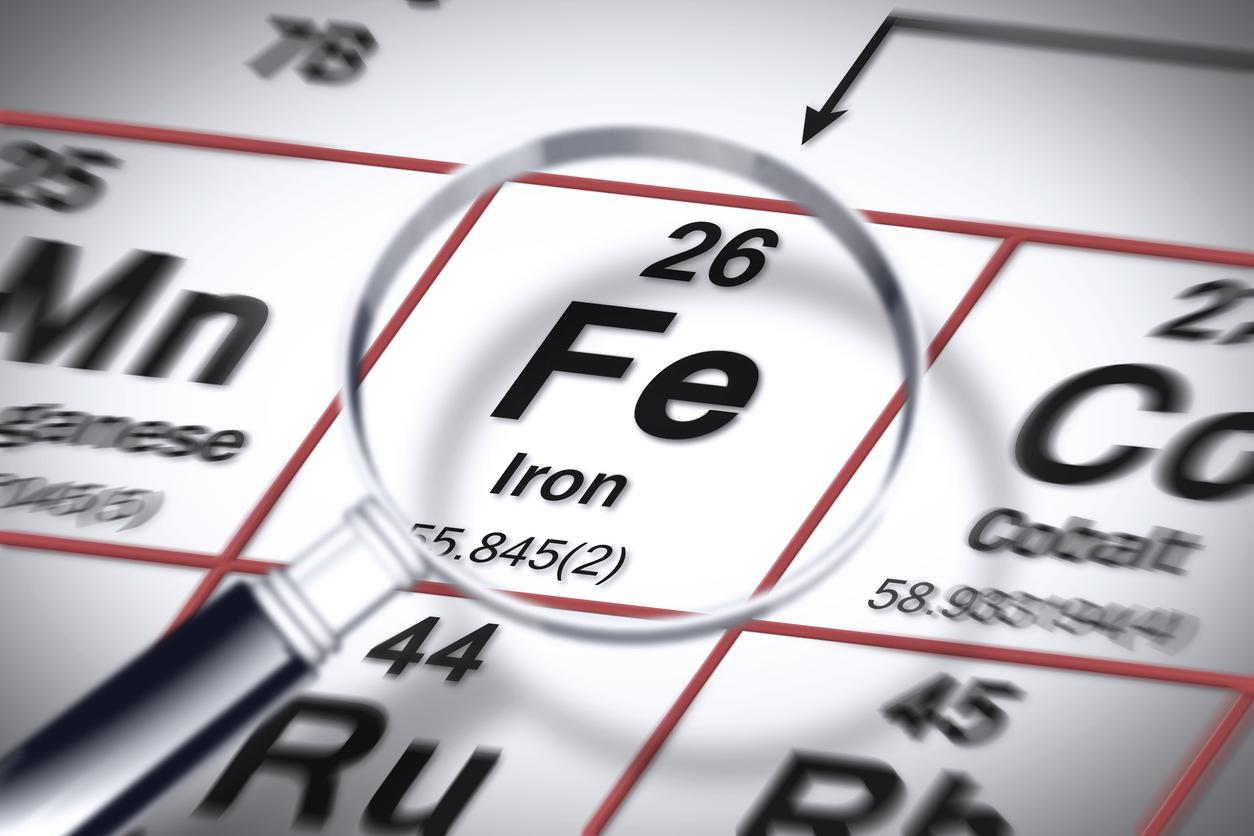The success of the Trojan horse is due to the warriors hidden within. But scientists have just shown that sometimes it is the horse itself that is effective. While conducting an experiment using iron nanoparticles to transport chemotherapy directly into cancer cells, they made an astonishing discovery. The nanoparticles themselves would fight cancer, even without treatment inside.
The experiment in mice with cancer compared the reactions of three groups. The first received chemotherapy treatment conveyed by iron nanoparticles. The other two groups are called “control” because they have not been in contact with the treatment. The second only received the nanoparticles, and the third did not undergo any intervention. However, cancer growth was greatly reduced in the second group, compared to the third. No chemotherapy, so the answer is in the nanoparticles themselves.
Macrophages, “eaters” of cancer
Scientists therefore continued their investigations to verify this idea. They noticed that macrophages are essential in anti-cancer activity. In a healthy person, these macrophages “eat” individual tumor cells. But when a tumor grows, it gradually diverts the macrophages from their role: they stop attacking the cancer, and even secrete factors that promote its growth!
In their study published in Nature Nanotechnology, researchers show that iron nanoparticles restore macrophages to their initial anti-cancer function. A single injection maintains this effect for up to three weeks. And it works at doses comparable to those given to people with anemia (iron deficiency). Better yet, nanoparticles prevent the spread of cancer to other places in the body, including the liver, and reduce metastases that have already colonized this organ.
Applications in addition to traditional treatments
Researchers see several concrete applications in this. Currently, patients operated on for metastasized cancer must wait until they have recovered from the surgery before starting chemotherapy. This treatment is indeed too heavy to be started immediately. Time wasted in the fight against disease. The iron nanoparticles could then be administered in this recovery period. In addition, patients from whom the surgeon was unable to remove all of the tumor could benefit from nanoparticles and overcome cancer cells thanks to the macrophages thus “boosted”. Promising hypotheses that will have to be validated by clinical trials on humans.
To read also
Aggressive breast cancer: metastases linked to the circadian rhythm?
Breast cancer: deodorants questioned
4 out of 10 cancers could be prevented














